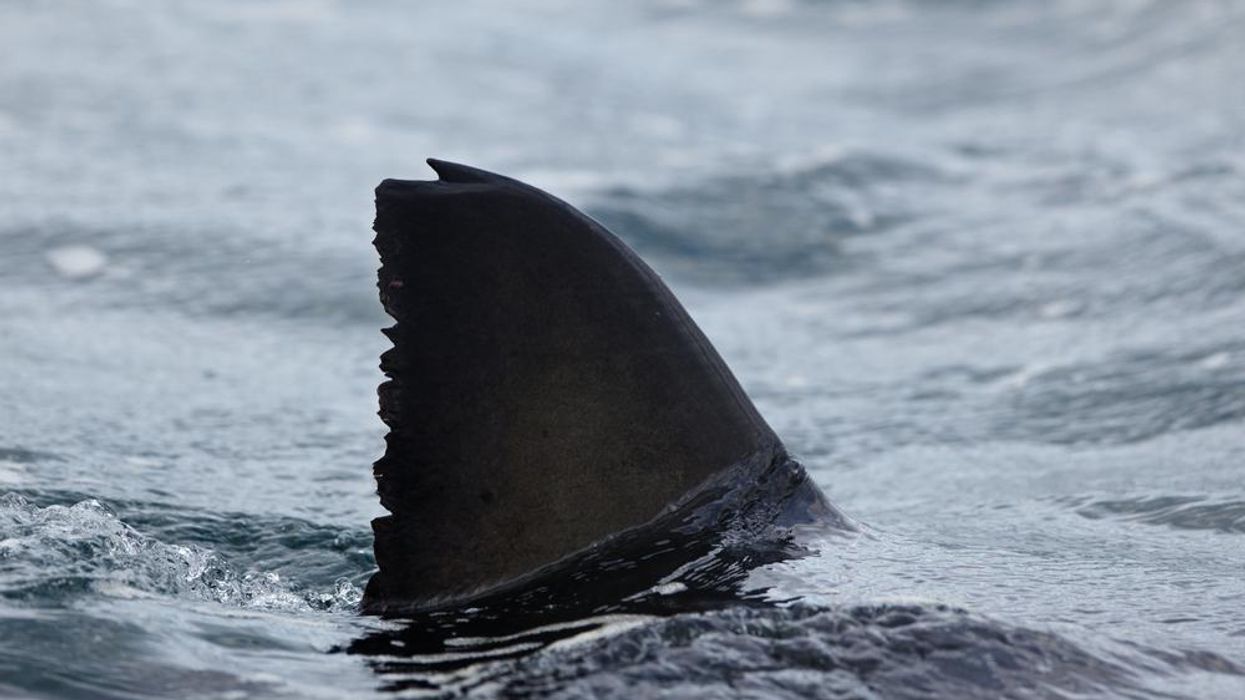The United States is set to pass a bill banning the sale of shark fins, protecting a crucial predator in oceanic ecosystems.
Every year, between 26 million and 73 million sharks are killed for their meat, particularly in their fins. Often times, sharks die in a process called finning, where fishermen catch them from ocean waters, and cut off their fins while they are still alive. The sharks are then thrown back into the water, unable to swim or survive.
On Thursday, the Senate approved a provision to make the sale of shark fins illegal, which was inserted into an annual military policy bill by the House. The bill will now head to President Biden's desk to receive his signature, and officially become law.
Gregorio Kilili Camacho Sablan, a nonvoting House representative of the Northern Mariana Islands, spearheaded the bill. He said in a statement via The Washington Post that the bill is necessary to preserve marine ecosystems.
“We understand that sharks are critical to life in the ocean," he explained. "Yet, despite their importance ecologically and economically, sharks are in serious trouble.”
The fin is considered the most valuable part of the shark, as it is served as a delicacy in China and several other nations. According to the new law, sharks may still be harvested for the rest of their meat — just not the fin.
Kevin Wark, a fisherman based in New Jersey where fin sales are already banned, shared that he is required to throw out the fin before bringing an already-dead shark to market. He said that the law "just creates a system of waste."
Shaun Gehan, a lawyer who represents commercial fishers, added that as sharks are still being killed, the law does not actually combat harmful overfishing practices.
“It certainly hurts a small, sustainable sector of the domestic fishing industry. But it’s also stupid,” he explained. “It does nothing to solve the problem where it actually occurs.”
But lawmakers and oceanic conservationists say that the law is essential in combatting finning specifically, which needlessly harms sharks and their ecosystems.
“The shark fin legislation is going to be a strong signal from the United States that the shark fin trade is not sustainable and that the United States won’t be part of it," said Gib Brogan, a campaign manager at the advocacy group Oceana. “This has been many years and many Congresses that we’ve been pushing for this."
He added: “This will be a very good thing for the oceans, not just for sharks."
- Environment - Advocate Channel ›
- The 'Ellen DeGeneres Show' Is Under Investigation For Workplace Environment Concerns ›
- 10 Celebrities Who Are Active Environmentalists ›
- Period Underwear Is Better for the Environment, But Does It Work? ›
- Why Buying the Latest Apple Products Is Harming the Environment ›
- Wells Fargo Fined $1.7 Billion for Illegal Activity - Advocate Channel ›
- Ocean Protection Treaty Signed by Nearly 200 Countries | AdvocateChannel.com ›


















































